Pew Research has published a new study into the news engagement habits of Americans, which highlights the critical role that social platforms continue to play in our media consumption diet.
Which, given some of the more recent platform shifts, may not be such a good thing.
The report, based on a survey of 10,658 U.S. adults, and a study of 500 news influencers, provides some interesting perspective on the modern news consumption landscape, as well as the key factors that influence today’s news cycle.
Which, as we now well know, has been massively impacted by the shift to online consumption, and social media more specifically. Online algorithms have effectively fueled partisan news outlets, by incentivizing publishers to take increasingly divisive, aggressive takes. Because the way to generate more comments and engagement is to spark emotional response, and as such, news outlets are now driven by the push to come up with more angry, fear mongering, extreme takes.
And with this in mind, the findings here are no real surprise.
First off, the research shows that around one-in-five Americans now regularly get news from influencers on social media.
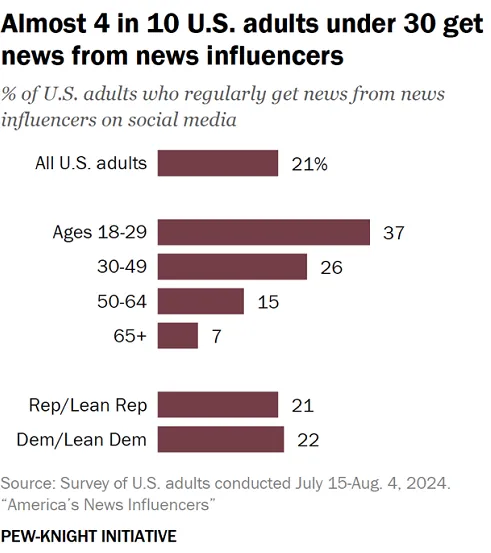
As per Pew:
“This is especially common among younger adults: 37% of those ages 18 to 29 say they regularly get news from influencers. But there are minimal differences between Republicans and Democrats on this question.”
This aligns with the push to get more regular people reporting their on-the-ground experience, and to unseat “traditional” media outlets as the main sources of news input.
Because many believe that mainstream news sources are being influenced by external interests, and as such, many, including younger consumers, are turning to online influencers instead.
Is that a good thing? Well, in some ways, mainstream outlets have been tarnished by partisan outlets, who, again, have become increasingly driven by clicks and engagement, as opposed to reporting without bias. The modern structure of news reporting pushes outlets to take certain angles, and that’s driven a level of mistrust, due to their tendency to lean one way or another in their reportage.
So in that sense, you can’t blame people for shifting to what they see as less-biased outlets, including online influencers. But at the same time, journalists who are committed to accurate investigative reporting are far more likely to provide real, valuable insight, as opposed to DIY creators who may not have the same skills or experience in this regard.
But then again, a lot of influencers do now have experience, and have built their reputations as trusted sources. So you can see why this is happening, especially as more and more people move away from traditional media outlets for all types of media consumption, and get more of their media inputs online.
The report also looks at key platforms for news influencers, with X leading the charge:
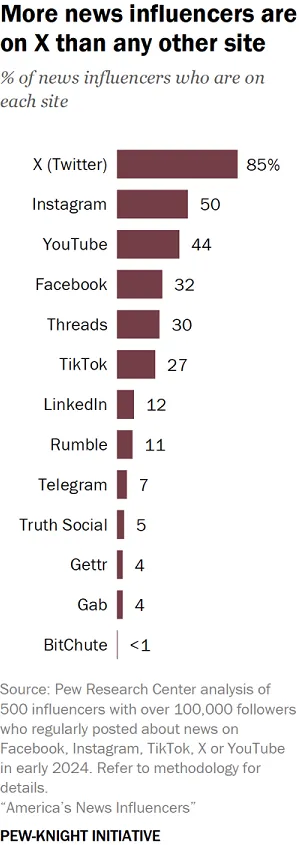
While more recent reports have suggested that X is bleeding users, it remains the best place to get up-to-date, in-the-moment news reports, which is why many news influencers use the app. More recent changes implemented by Elon Musk have seen the site lean further towards right-wing politics, and amplifying messages that Musk himself endorses. But as a platform, X remains the best place to keep up with the news in real-time, despite challengers trying to unseat the app.
Of course, Meta’s aversion to news content doesn’t help, in the case of Threads, while the shift towards algorithm-defined recommendations has also impacted the dissemination of in-the-moment updates.
And on balance, if you want to keep up with an unfolding event, X remains best-placed for such coverage at this stage.
There’s also this:
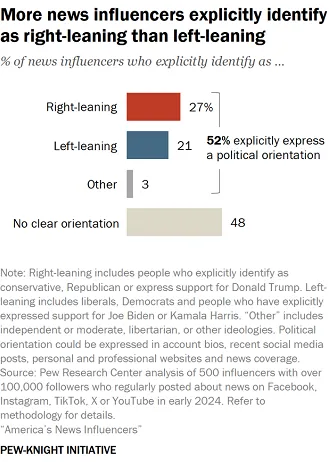
This will likely be the key takeaway for many who read this report, but really, given the aforementioned shifts in incentive for news coverage, this is no surprise.
The fact is, political issues are complex, and it takes, in general, a lot of dedicated research to have an informed opinion on any given topic.
But it’s relatively easy to paint things as “good” or “bad”, and to simplify them down to memable stats.
Right-leaning influencers have proven much more adept at doing this, painting issues in broad strokes, which often overlooks the detail in each case. Foreign aid, for example, is bad, because why should we be handing over taxpayer dollars to other nations? But on further analysis, foreign aid generally results in expanded economic opportunity, but taking a more simplified approach leads to more broad appeal, which right-leaning influencers are better at doing.
We’ve seen this throughout the 2024 election campaign, with Trump more willing and able to simplify his messaging, and clarify his stances. The approach of left-leaning commentators is more aligned with complexity, and that doesn’t resonate as well with social media algorithms.
Which is the key point. Social platform algorithms amplify content based on engagement, including comments, likes, etc. On balance, right-leaning commentators are more likely to inspire such, which sees more right-leaning messages get more distribution online.
So it may not even be that the algorithms favor one side of the political aisle or the other, but right-wing politicians are much more likely to spark emotional response with their statements.
Which is also good in a content sense, and I would suggest that this is why more influencers lean towards right-wing talking points. Because they’re better for business, in terms of generating more interest and engagement.
Conspiracies and salacious secrets, for example, are way more alluring than policy-based discussion.
That’s not to say that they’re all wrong, or that left-leaning commentators are more accurate, as such, in their coverage. But the algorithmic amplification factors incentivize more partisan takes, which right-leaning spokespeople have adapted to better. Which, I would suggest, is a key consideration in this data point.
There are some interesting notes here, which paint a picture of the modern online news landscape, and the factors driving news consumption. And there are some concerns, but given the evolution of media, I’m not sure they can be addressed.
You can check out Pew’s full report here.

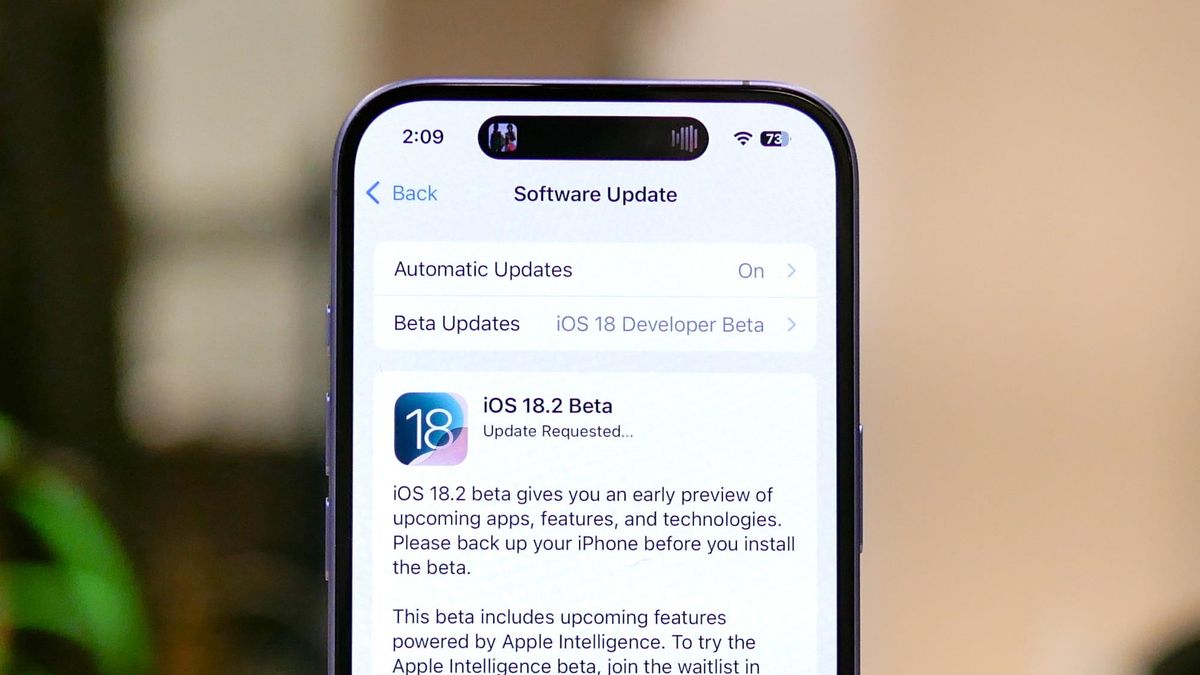




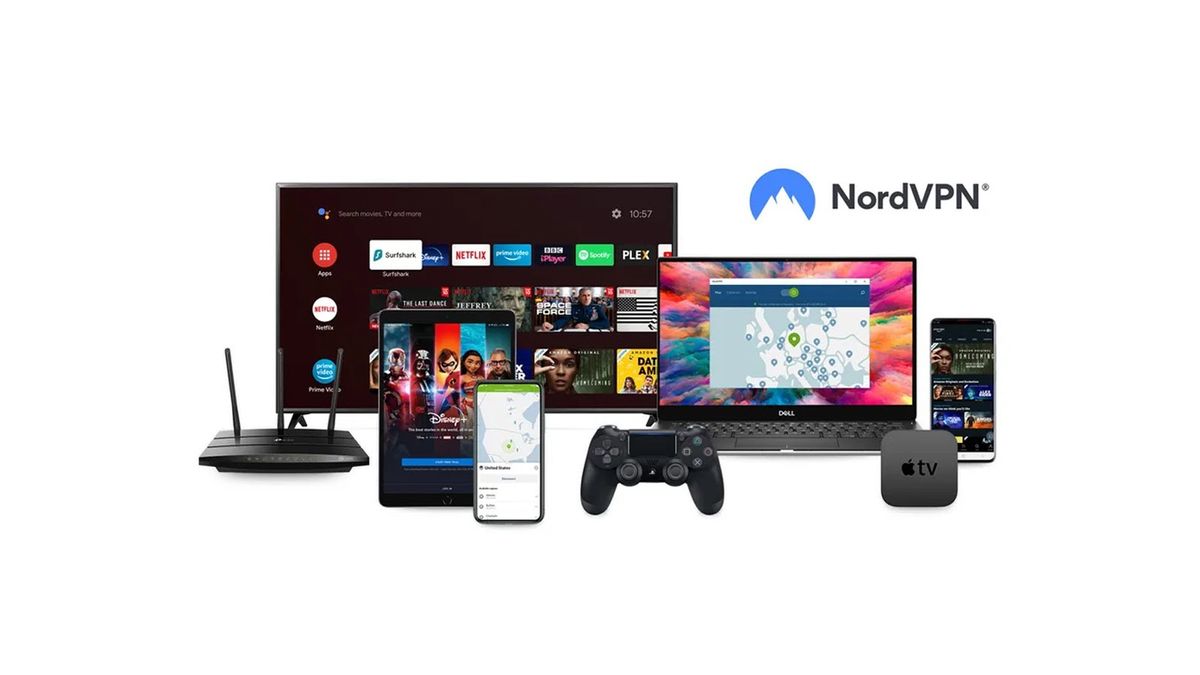

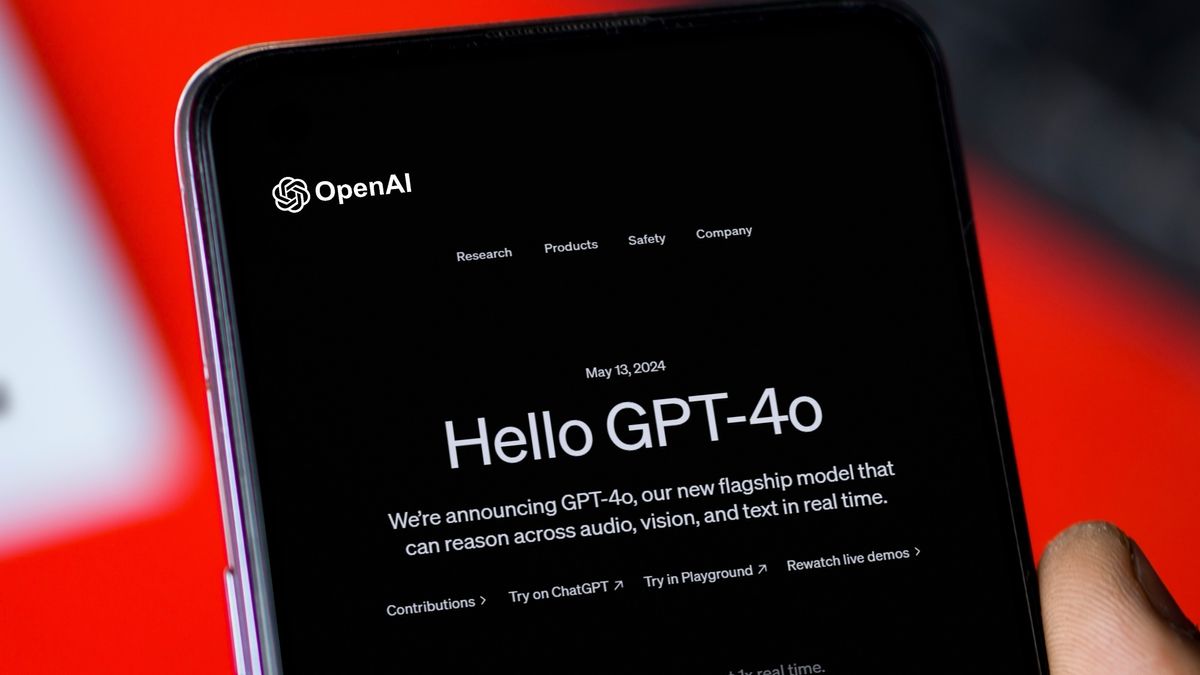

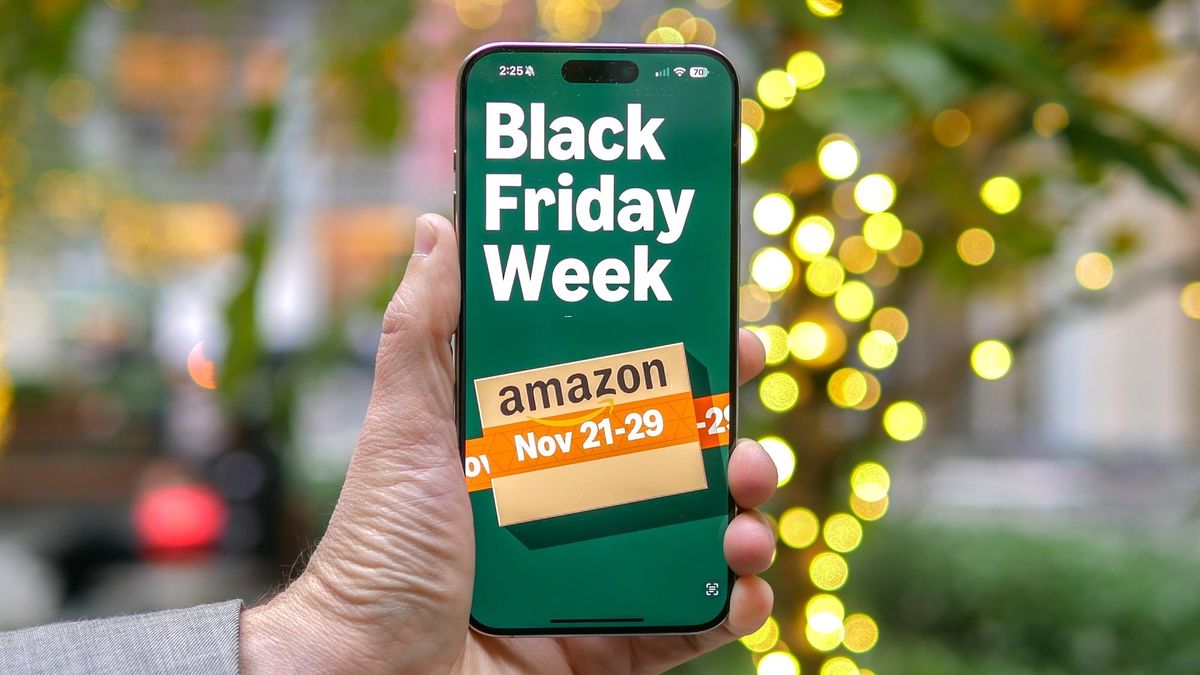





)



 English (US) ·
English (US) ·